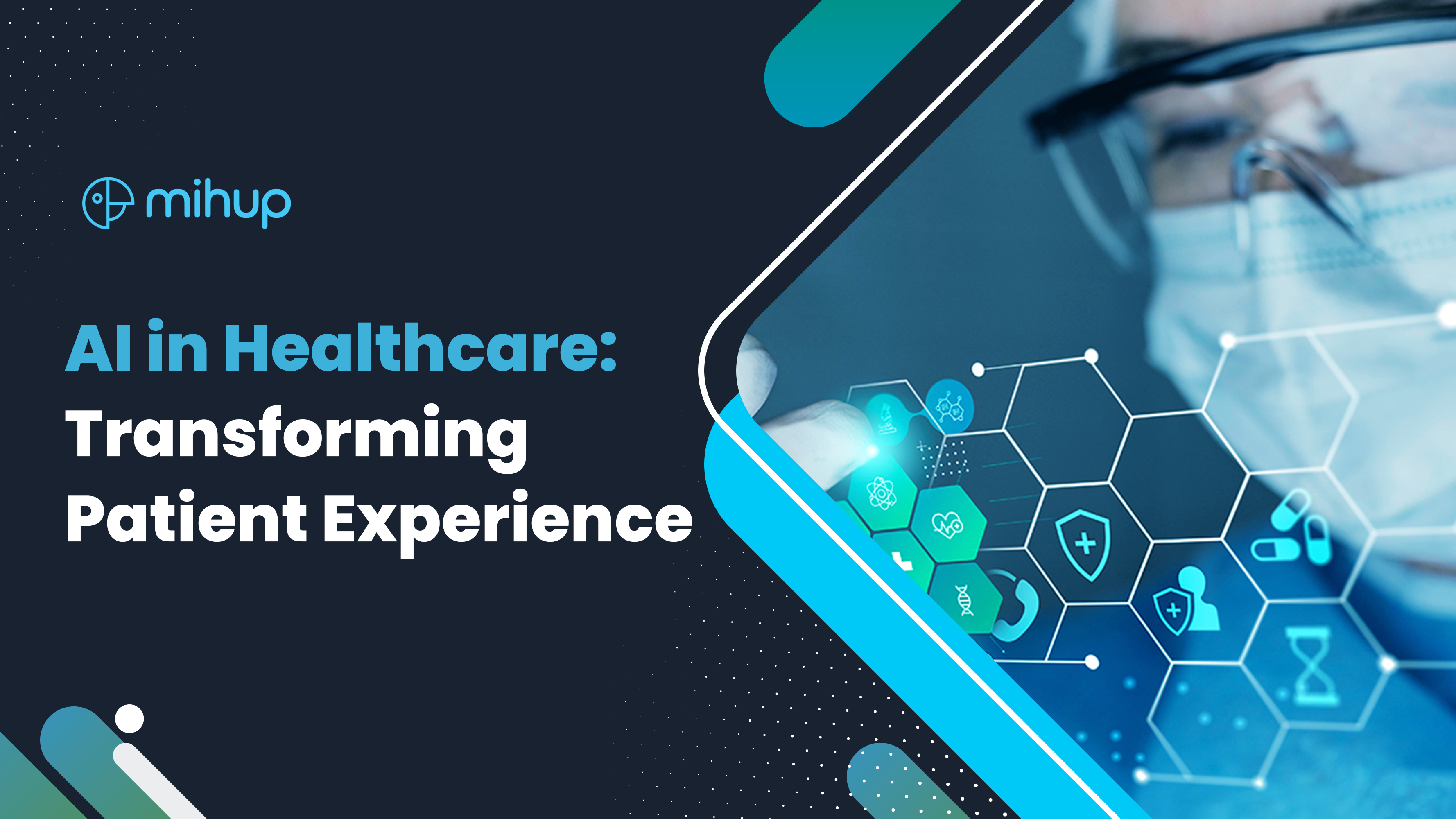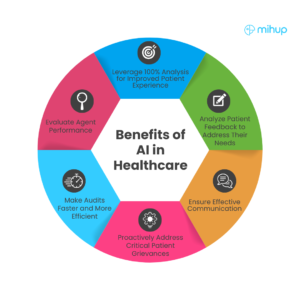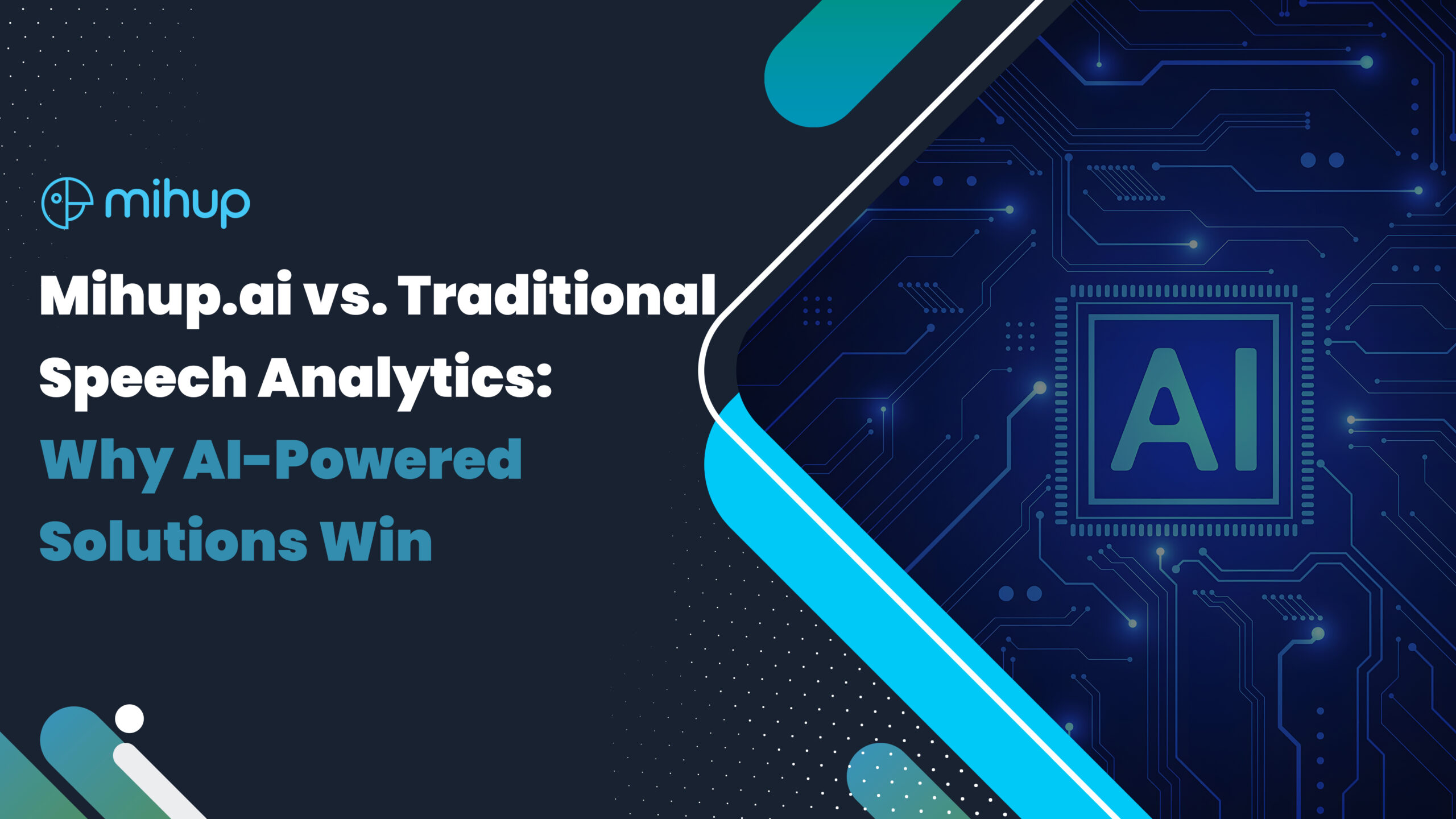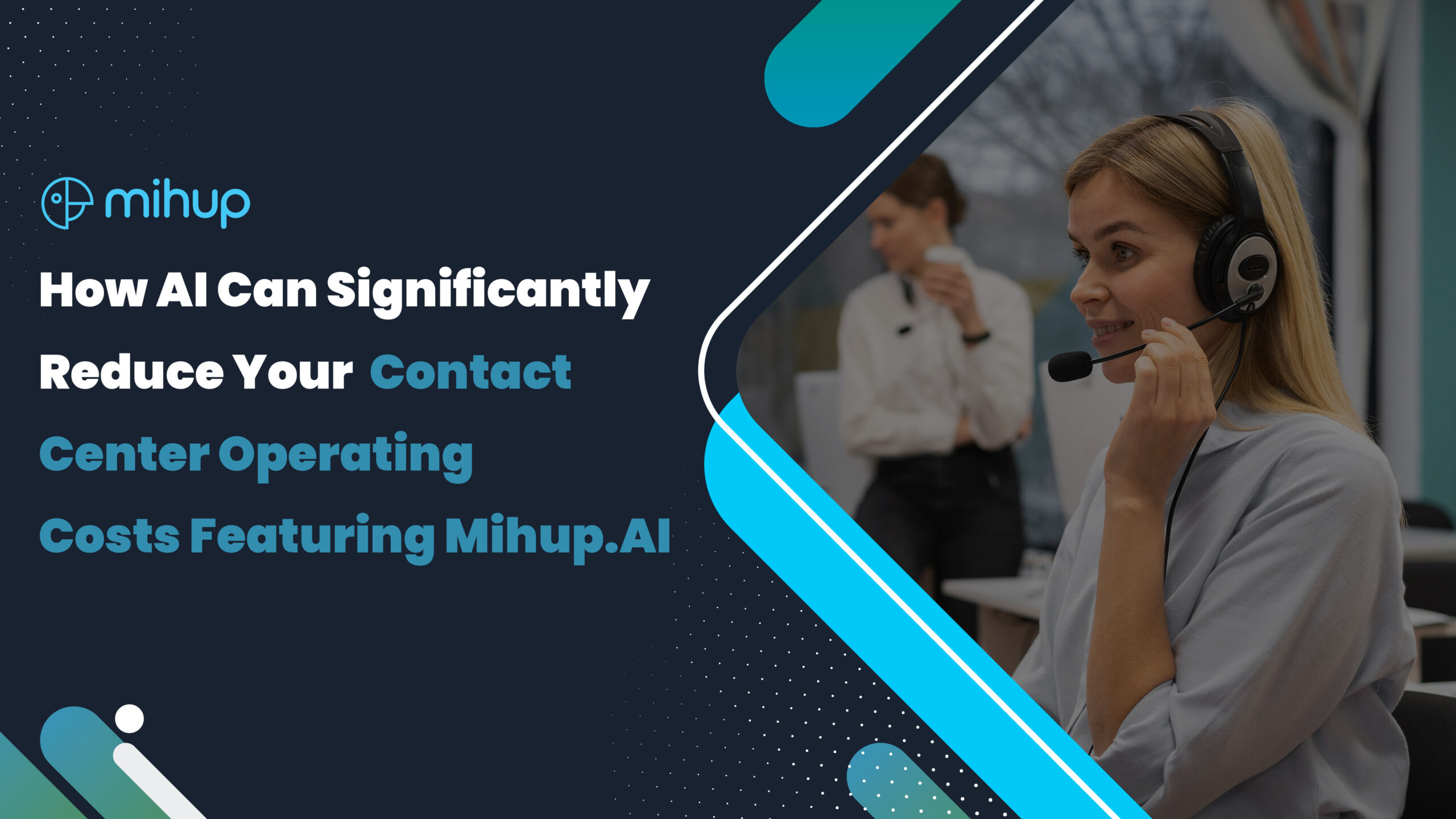Imagine a healthcare experience where your needs are anticipated, your care is personalized, and your journey from diagnosis to recovery is seamless. This is the future of AI in healthcare, a technology set to reshape the industry in profound ways. The AI healthcare market is projected for explosive growth, with estimates indicating an increase from USD 20.9 billion in 2024 to a staggering USD 148.4 billion by 2029. This represents a compound annual growth rate (CAGR) of 48.1%, underscoring AI’s profound impact on the healthcare industry. This rapid expansion highlights AI’s potential to revolutionize the patient experience by delivering more personalized, efficient, and compassionate care.
This article explores how AI is reshaping patient experience by empowering individuals to make better-informed decisions and ensuring that healthcare providers can deliver care that is more personalized, efficient, and responsive to patient needs.
Understanding the Role of AI in Healthcare: Enhancing the Patient Journey
Navigating the healthcare system can often be a daunting experience for patients, from scheduling appointments to managing insurance and administrative tasks. By the time patients reach their healthcare providers, they may already feel stressed or overwhelmed. AI addresses these challenges by streamlining and enhancing every touchpoint of the patient journey, ensuring a smoother and more supportive experience.
Digital Interactions: Simplifying the First Point of Contact –
As digital communication becomes the initial touchpoint between patients and healthcare providers, AI plays a critical role in managing these interactions, analyzing and auditing them. This seamless digital experience aligns with healthcare call center best practices, ensuring that patients receive clear and relevant information right from the start.
Enhanced Empathy and Personalized Care: Building Trust –
AI goes beyond operational efficiency—it adds a layer of empathy to patient care. By analyzing patient data, AI can understand emotional and physical challenges, enabling healthcare providers to prioritize cases based on symptom severity and historical data. Moreover, AI facilitates personalized care by offering tailored advice and solutions based on real-time patient data, making each interaction more meaningful and relevant.
Enhanced Empathy and Personalized Care: Building Trust –
Operational efficiency is crucial in healthcare, particularly in call centers where timely and accurate information is essential. AI automates routine tasks, prioritizes urgent cases, and directs inquiries to the most appropriate healthcare call center agent. This not only reduces wait times but also enhances patient satisfaction by ensuring that they receive the information they need quickly and efficiently.
Improved Operational Efficiency: Reducing Patient Stress –
Operational efficiency is crucial in healthcare, particularly in call centers where timely and accurate information is essential. AI automates routine tasks, prioritizes urgent cases, and directs inquiries to the most appropriate healthcare call center agent. This not only reduces wait times but also enhances patient satisfaction by ensuring that they receive the information they need quickly and efficiently.
Continuous Feedback and Improvement: Adapting to Patient Needs –
AI actively collects and analyzes patient feedback, allowing healthcare providers to continually refine their services. This ongoing process ensures that patient care evolves to meet changing needs and expectations.
Benefits of AI in Healthcare: Empowering Healthcare Agents to Provide Superior Patient Care
AI empowers healthcare agents to provide a more patient-first experience through improved interactions, these are the benefits of incorporating AI in healthcare:
Leverage 100% Analysis for Improved Patient Experience:
AI allows for comprehensive analysis of patient interactions, enabling management of compliance in each interaction, understanding patient sentiment and queries, and bringing improvements where necessary.
Analyze Patient Feedback to Address Their Needs:
By systematically analyzing patient feedback, AI helps healthcare organizations fine-tune their services, processes, and policies to better meet patient expectations, an essential aspect of healthcare call center metrics.
Ensure Effective Communication:
AI supports clear and effective communication, especially during patient onboarding, ensuring that compliance is maintained and patients feel informed and comfortable.
Proactively Address Critical Patient Grievances:
AI enables healthcare providers to identify and resolve critical patient issues quickly, leading to higher First Contact Resolution (FCR) rates and improved patient trust.
Make Audits Faster and More Efficient:
AI can automate or digitise the quality audit process in contact centers, as needed, by generating AI scores for each interaction, automating various workflows related to audits, eliminating the need to randomly sample interactions and risk missing out on critical patient complaints or queries.
Evaluate Agent Performance:
AI allows for the continuous evaluation and coaching of healthcare call center agents, providing them feedback to improve performance and the overall patient experience.
The Future of AI in Healthcare: Shaping a More Patient-Centered Experience
As AI continues to evolve, it will not only optimize healthcare operations but also create breakthroughs that redefine the standards of patient care. The ongoing enhancement of healthcare call centers through AI will lead to more efficient, patient-centered support services, ensuring that every interaction is managed with precision and care.
AI in healthcare is set to play an increasingly vital role in shaping a more responsive, accurate, and accessible healthcare landscape, transforming patient experiences in profound and meaningful ways. By focusing on patient-first initiatives, AI ensures that healthcare is not just about treating illnesses but about enhancing the overall patient journey, from the first interaction to post-care follow-up. As these advancements unfold, healthcare providers will be better equipped to deliver the compassionate, personalized, and efficient care that every patient deserves.






